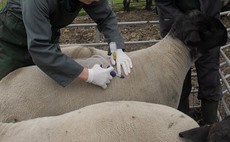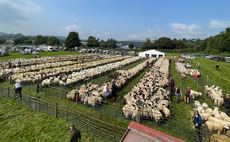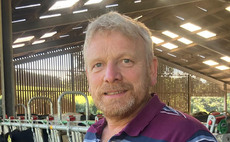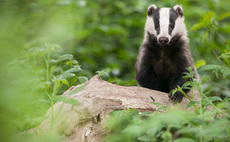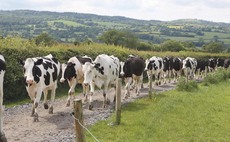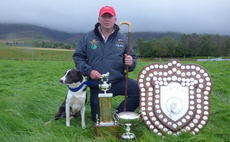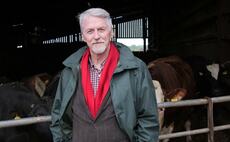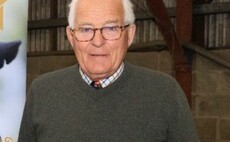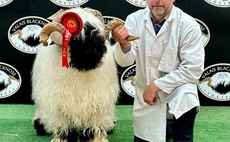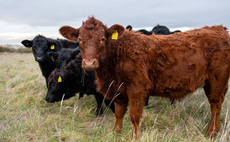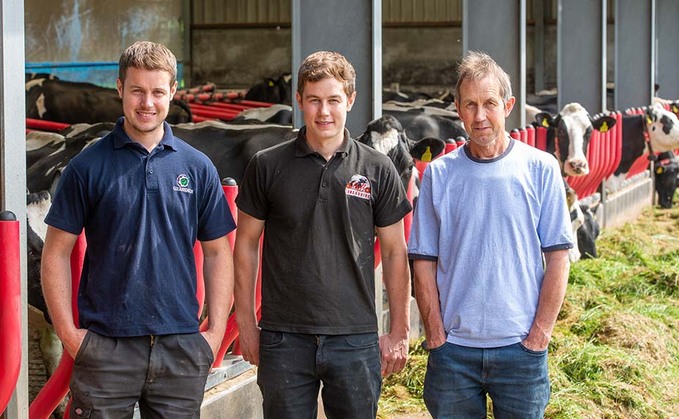
After the installation of a new robotic milking system, the Eccles family are using technology and data collection to expand their farm business. Emily Ashworth meets them to find out more.
Keeping it in the family seems to be the motto at Sudells farm.
Anthony Eccles, along with his wife, Christine and sons Nick, 30, and Chris, 31, have seen great change in their 500-acre dairy farm over the last couple of years, with a view to allow the business to expand while still being able to manage it between them.
Innovation is the key focus, and just over two years ago the family finished installing their new robotic milking system.
The farm has been in the family since 1959, after Anthony's father, Wilfrid, took on the tenancy.
He managed to buy it in 1967, with the family increasing their acreage from 46 acres to the business it is now through, says Anthony, taking on parcels of land that have become available in the surrounding areas over the years.
But they had been using the same milking parlour for the last 22 years, one that Anthony himself helped to build when working alongside his father.
"It was taking two and a half hours at each end of the day to milk," says Nick.
"We switched to robots to improve efficiency."
New
Plans for a new cowshed began five years ago and it was Nick, who has a First-Class Degree in Civil Engineering, who helped to design the building, travelling up and down the country and to Holland to look at possible dairy units.
In 2019 they finally installed three Lely A5 astronaut robotic milking machines which see the family's 200 Holsteins going through it.
They also have a robotic slurry scraper, robotic feed pusher and automated footbaths.
Nick says: "It means we can be really specific.
"Every cow can be managed individually rather than as a herd, and every cow is fed to her own genetic potential which equals reduced feed costs.
"The information and all the data really improve efficiency and improves cow health.
"I'm big on technology, to [help] improve our bottom line."
And the figures do say it all - antibiotic use and veterinary costs have been cut by up to 60 per cent managed through elements such as early mastitis detection and selective dry cow therapy; yields have improved by 10 litres per cow, and cost of feed per cow has gone down too, with a huge push for milk from forage.
A move to zero grazing two years ago also, says Nick, gave the family a little more stability during the pandemic when the milk price dropped to 21ppl.
With the milk going to Yewtree dairies, calving takes place all year, with calves kept in individual pens until they are six weeks old. They are then moved into group hutches until they are weaned.
Success with the new feeding system saw them reduce bought in feed costs to 0.3kg/litre over the summer months.
"The aim is to substitute concentrates for fresh grass - high in energy and protein," says Nick.
"We feed a TMR on top of the grass to balance the diet."
They are all happy with the results so far, and although the dairy is a large part of their business, they each realise that longevity comes from producing other revenue streams too.
Diverse
Sudells has always been a mixed farm, running 80 Texel ewes, which Chris takes care of, and 100 store beef calves reared alongside up to 15 months of age.
Calves are managed on a grass-based system seeing them out grazing for around 8 months, and both lambs and calves are sold through Gisburn market.
They are also planning to diversify into holiday lets, given the uptake in staycations. These plans probably will not come to fruition until next year, but in the meantime, they are paying attention to the environment.
They have been part of the mid-tier stewardship scheme for 10 years now.
Plus, they have planted 2,000 trees as part of a scheme run by the Rivers Ribble Trust, to keep the rivers cool, seen 2.5km of water courses fenced off, slurry lagoons covered and 1km of farm tracks improved. Their efforts were also recently featured on BBC's, The One Show.
And with a worldwide focus on soil health, Nick knows only too well that this must be a focus within the farm business.
He says: "Going forwards, the robot helps especially when it comes to measuring carbon because all the information is there to feed into it.
"But we are working to improve soil health and working with our vet to avoid certain wormers that have a detrimental effect on dung beetle and earthworm populations.
"We have also introduced red clover to encourage more protein and fix nitrogen back into the soil."
Community
Off the farm, Nick is a keen spokesperson for the industry. Earlier in the year he was on the panel for the Lancashire Holstein club meeting and is on the Goosnargh and Longridge Agricultural Society committee, taking on the role of cattle secretary.
He says: "Over seventy dairy cattle exhibited last year, the most in show history. I also introduced a live milking demonstration into the show to try and connect and educate the public. A cow is milked in the main ring and I provide commentary about dairy farming."
He also shows Young Farmers' Clubs, discussion groups and various individuals around the new dairy unit - in fact, over 500 people have been to Sudells farm to see their £800,000 investment.
Although expansion is part of their plans, they do not want to compromise their working relationship and would like to keep running the farm within the family.
The robotic milking has certainly helped them to stick to this plan, and, says Nick, means he can manage the cows by himself.
But it has, however, allowed the family to do more than change their approach to herd management.
Both Nick and Chris have young families - Nick has two children, Annie, 2, and Jonah, 17 months, while Chris has recently become a father for the first time, to George, who is just 4 weeks old.
Through the changes on farm, they have been given much more freedom in terms of a work/life balance.
He says: "It is worth noting that the transformation of the business has allowed me to spend more time with my young family and has had a positive impact on the mental health of everyone involved in the family farm."
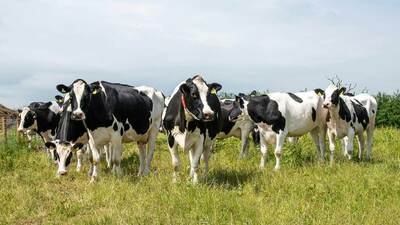
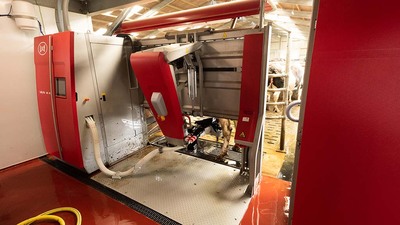
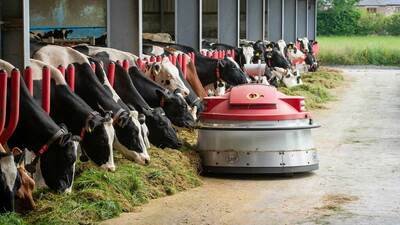
51AV��Ƶfacts
- 500 acres, 250 owned and 250 rented
- 200 Holsteins plus 130 followers, 130 beef calves and 80 Texel ewes
- Milk through 3 Lely robotic milking machines
- Sell calves and lambs through Gisburn Auction mart
- Nick recently won Young Dairy Farmer of the Year at the Cream awards
- Run a zero-grazing based system






